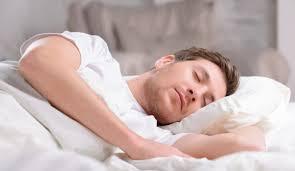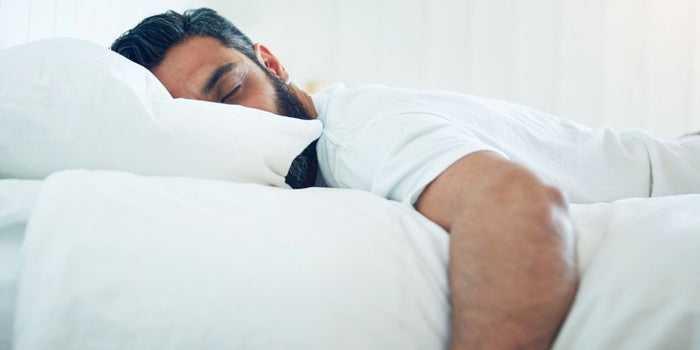The necessary amount of sleep
Most adults function best after 7-9 hours of sleep a night.
When we get less than 7 hours, we’re impaired (to degrees that vary from person to person). When sleep persistently falls below 6 hours per 24, we are at an increased risk of health problems
180
1.1K reads
CURATED FROM
IDEAS CURATED BY
The idea is part of this collection:
Learn more about health with this collection
How to create a positive work environment
Techniques for cultivating gratitude and mindfulness at work
How to find purpose in your work
Related collections
Similar ideas to The necessary amount of sleep
How much sleep is enough
Sleep needs vary from person to person. Age, genetics, lifestyle, and environment all play a role.
According to the National Sleep Foundation, adults need 7-9 hours of sleep a night. People who sleep seven hours a night are healthier and live longer. While the guideline is...
Sleep quantity
Although eight hours is the common mention, optimum sleep can vary from person to person and from age to age.
One review that worked through 320 research articles concluded 7 - 9 hours of sleep are enough for adults. According to experts, too little or too much sleep can both have a negativ...
Why We Sleep
While even experts haven’t reached a consensus explanation for why we sleep, numerous indicators support the view that it serves an essential biological function.
In adults, a lack of sleep has been associated with a wide range of negative health consequences including cardiovascular probl...
Read & Learn
20x Faster
without
deepstash
with
deepstash
with
deepstash
Personalized microlearning
—
100+ Learning Journeys
—
Access to 200,000+ ideas
—
Access to the mobile app
—
Unlimited idea saving
—
—
Unlimited history
—
—
Unlimited listening to ideas
—
—
Downloading & offline access
—
—
Supercharge your mind with one idea per day
Enter your email and spend 1 minute every day to learn something new.
I agree to receive email updates


